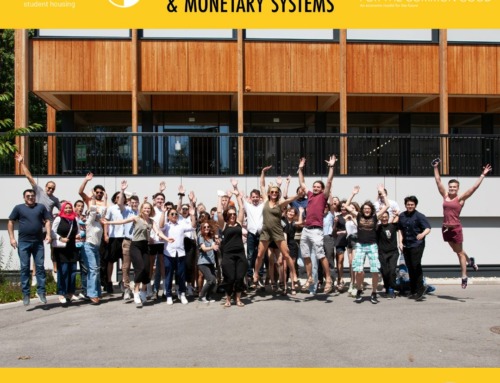
The Economy for the Common Good calls on the government to base implementation within federal law on the Common Good Balance Sheet
As part of its Green Deal, the EU recently agreed to revise the guidance on sustainability reporting which compels businesses with more than 250 employees and/or a turnover of more than 40m Euros as well as all listed companies to report their impact on people and nature. The directive’s aim is to make a company’s sustainability track record the yardstick of its commercial success, which, for the first time, will be measured on the basis of legally binding standards. It is expected that it will have to be implemented by member states within 18 months from December 2022.
“This directive threatens to become all roar and no bite,” says Christian Felber, spokesperson of the Economy for the Common Good (ECG) which is active in 35 countries. “We call on the German government to base the implementation of the CSR Directive within federal law on the methodology of the Common Good Balance Sheet. For the directive to serve as an effective instrument for socio-ecological transformation, it’s essential that the reporting is based on quantitative assessments, is comparable, that it incentivises sustainable practice and has high public visibility. Otherwise the directive won’t have its intended and necessary impact on society, climate and biodiversity.”
Our demands in detail:
- Quantitative assessments: the sustainability reports – including the indicators – have to be assessed through an external audit, based on an unbiased and clear points system so that the public can compare the results. Without systematic evaluation you open the floodgates for greenwashing.
- Measurability and visibility: the audited sustainability reports have to enable benchmarking and serve as a reliable tool for consumers and investors to make purchasing and investment decisions. Therefore the results should be made public through a prominent label.
- Link to incentives: the results have to lead to tangible consequences. Sustainable business practices have to be rewarded, e.g. through tax relief. Conversely, practices that have a negative impact on the environment and/or society have to be disincentivised through relative cost increases. Only when external costs are thus internalised and prices reflect these true costs will our economic system become sustainable.
Petition on nogreenwashing.ecogood.org





